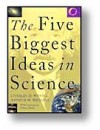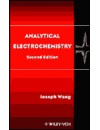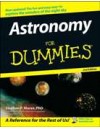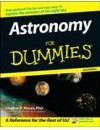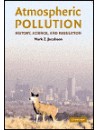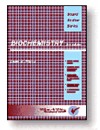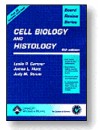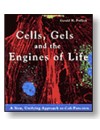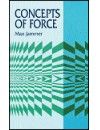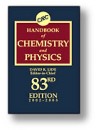The 5 Biggest Ideas in Science
Wynn and Wiggins use five fundamental ideas – physics’ model of the atom, chemistry’s periodic law, astronomy’s Big Bang theory, geology’s plate tectonics model, and biology’s theory of evolution – to help lay readers “comprehend, appreciate, and evaluate the world of science.” In explaining the thinking that led to each “Big Idea,” the authors outline the scientific method and demystify the process.
Analytical Electrochemistry
An introduction to the quantitative treatment of chemical reaction engineering. Covers both homogeneous and heterogeneous reacting systems and both chemical reaction engineering and chemical reactor engineering.
Astronomy for Dummies
From asteroids to black holes, quasars to white dwarfs, Astronomy For Dummies takes you on a tour of the universe. This test text features star maps, charts, full-color photographs, and easy-to-follow explanations.
Astronomy for Dummies
From asteroids to black holes, quasars to white dwarfs, Astronomy For Dummies takes you on a tour of the universe. This test text features star maps, charts, full-color photographs, and easy-to-follow explanations.
Atmospheric Pollution
This book provides a comprehensive introduction to the history and science of major air pollution issues.
Biochemistry: Board Review Series
Part of a series that allows students to review in-depth or briefly, depending on the amount of review that they require. Chapters are broken down into topics, all information is presented in bullet or outline format, and includes many illustrations with detailed biochemical structures.
Board Review Series Cell Biology and Histology (Book with CD-ROM)
This quick reference on Cell Biology and Histology contains clinical correlations in each chapter, annotated answers, 400 review questions, and a comprehensive practice examination.
Cells, Gels and the Engines of Life
This book describes how cells work. It presents a new, simpler approach to fundamental processes such as movement, transport, division, and communication, based on sound physical principles.
Concepts of Force: A Study in the Foundations of Dynamics
This work by a noted physicist takes a look at a fundamental of physics, tracing its development from ancient to modern times. Kepler’s initiation of scientific conceptualization, Newton’s definition, post-Newtonian reinterpretation—contrasting concepts of Leibniz, Boscovich, Kant with those of Mach, Kirchhoff, and Hertz.
CRC Handbook of Chemistry and Physics
For decades, the CRC Handbook of Chemistry and Physics has provided scientific and engineering communities around the world with the broad range of current and critically evaluated data required by their constantly and rapidly evolving technical fields. Over the past ten years, revisions to the Handbook have kept up with semiconductors and high-temperature superconductors; addressed environmental concerns by providing data on pollutants, contaminants, global warming, and ground water contamination; and revised pertinent data to stay up-to-date with IUPAC standards.
